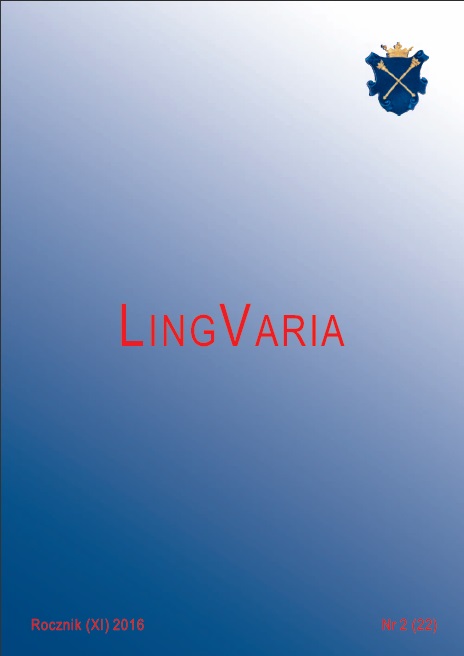Czy derywaty prefiksalne wymienne wyrażają intensywność?
Do derivatives created by exchange of prefixes express intensity?
Author(s): Wanda FijałkowskaSubject(s): Language studies, Language and Literature Studies, Theoretical Linguistics
Published by: KSIĘGARNIA AKADEMICKA Sp. z o.o.
Keywords: perfective verb; derivation; exchange of prefixes; intensity; effectiveness
Summary/Abstract: The paper aims to clarify the misunderstandings concerning the semantic description of derivative verbs created through exchange of prefixes. The description of a class of verbs which up to now have been regarded as expressing the intensity of an action (e.g. przekarmić ‘to overfeed’, przesolić ‘to oversalt’) had to undergo deep changes, including the elimination of lexemes which were created using two morphemes simultaneously (napracować się ‘to have worked a lot’ ← pracować ‘to work’). A detailed analysis has enabled us to prove that where others saw intensity, there was in fact effectiveness. Derivatives included in this category express three grades of effectiveness: high (as in ubawić się ‘to have rather enjoyed oneself’, wybiegać się ‘to have run enough’), excessive (as in przesolić ‘to oversalt’, zapić się ‘to loose life due to alcohol addiction’) and maximal (wytruć ‘to poison everyone’, domyć ‘to wash something clean’). Moreover, other lexemes need to be included in this class, namely those which are incorrectly seen as determining methodicalness (objeść ‘to eat all of someone’s food’), as well as exhaustivity (wybić ‘to kill everyone’, wyniszczyć ‘to thoroughly destroy’). Such a description will promote effectiveness, while eliminating small semantic sub-groups that are not uniform in their structure.
Journal: LingVaria
- Issue Year: 2016
- Issue No: 22
- Page Range: 71-82
- Page Count: 12
- Language: Polish

